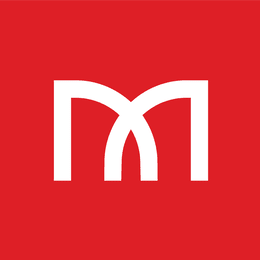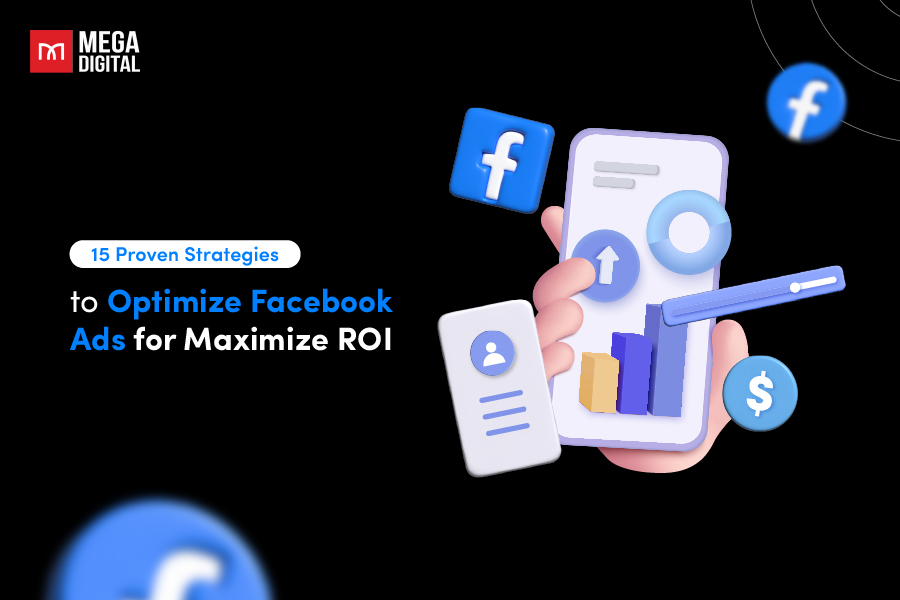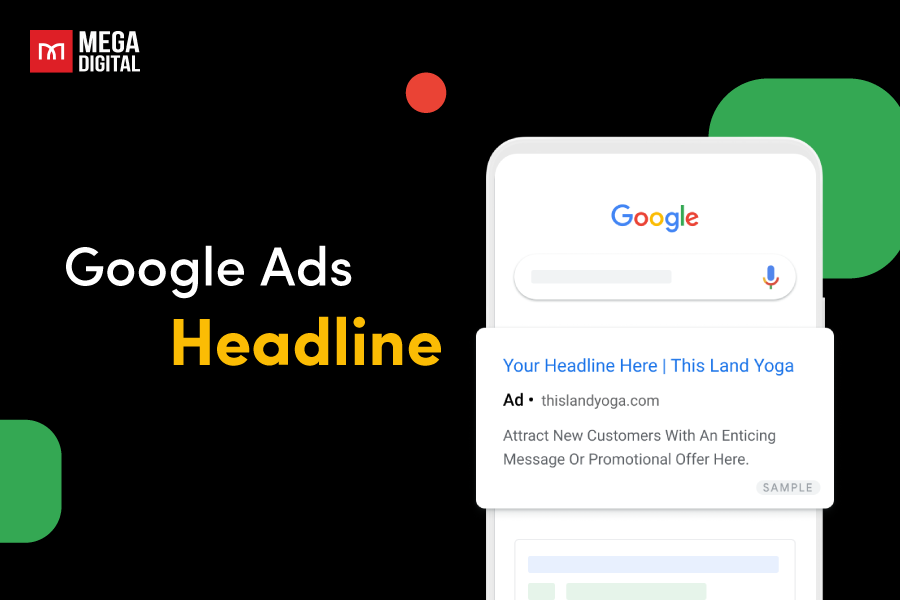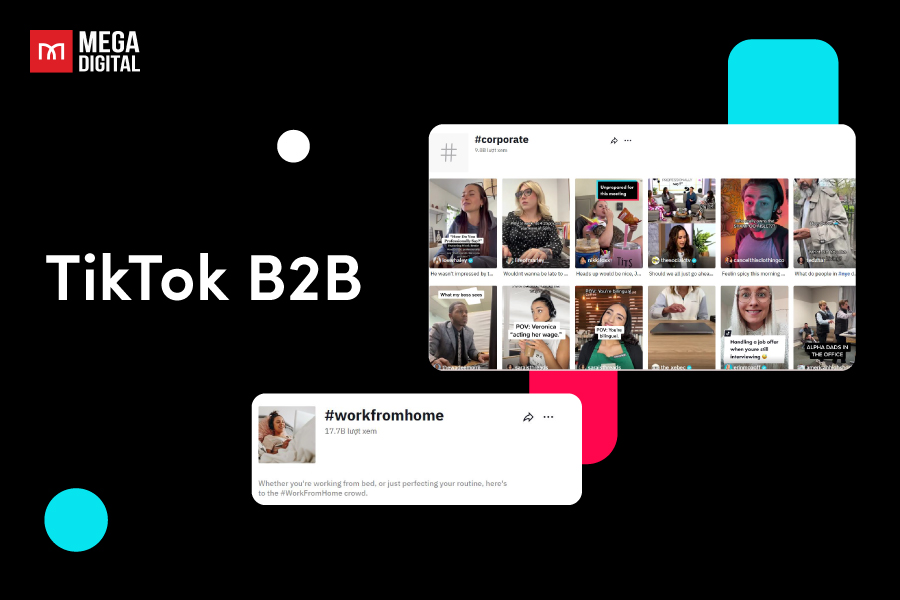Generating traffic on Facebook can be quite complicated. There are strict advertising rules, frequent account bans, and considerable effort is required. Despite these challenges, the potential rewards can make the effort worthwhile. In this blog post, I will guide you through everything you need to know about search arbitrage on Facebook and how to do it effectively. Let’s get started!
QUICK SUMMARY
- Search arbitrage on Facebook = run ads, redirect users to search feeds, monetize through ad networks.
- Facebook is powerful for this model thanks to its 2.9B+ users, precise targeting, diverse ad formats, and cost-effective traffic.
- Success requires smart budget allocation, continuous optimization (turn off losers, scale winners, clone ad sets), and reliable ad accounts.
- In this guide, you’ll see how Facebook search arbitrage works step by step, optimal budgets to start with, proven scaling strategies, and FAQs to avoid costly mistakes.
What Does Search Arbitrage on Facebook Mean?
Search arbitrage on Facebook is driving traffic from Facebook to search feeds and making money through an ad network.
There are many ways to drive traffic, such as organic methods or paid ads. For example, you can get traffic through communities or organic posts or run ads on the Facebook feed or its ad network. However, Facebook ads are considered to be more effective than organic ways due to the time getting the results.
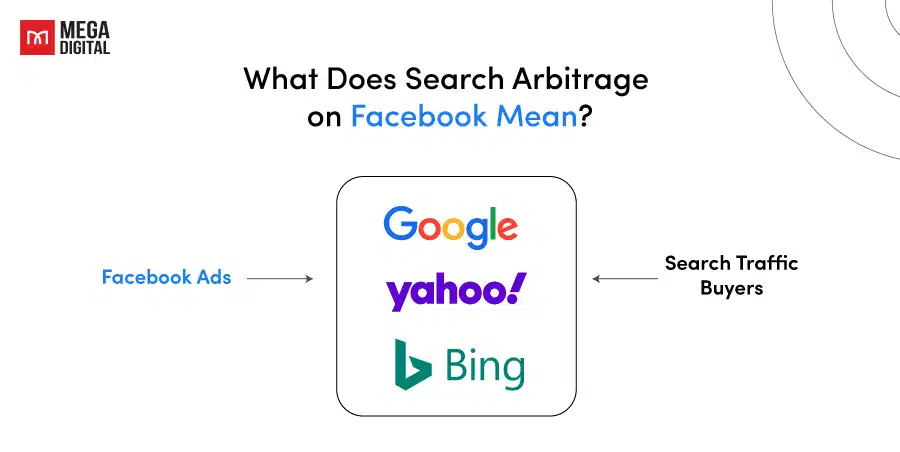
Besides, advertising on Facebook helps arbitrageurs deliver the ads to the target users precisely by using powerful targeting tools with diverse ad formats. It helps the search arbitrage model accelerate tons of traffic just only by managing and optimizing campaigns. In return, you must have in-depth knowledge of Facebook ads to avoid wasting or losing money.
Why Facebook Ads for Search Arbitrage?
Compared to other social media platforms, Facebook Ads are considered highly effective for search arbitrage for several reasons. Facebook Ads offer precise targeting, robust analytics, and wide reach, ideal for high engagement and scalability. Features like Lookalike and Custom Audiences enhance targeting and retargeting.
Large User Base
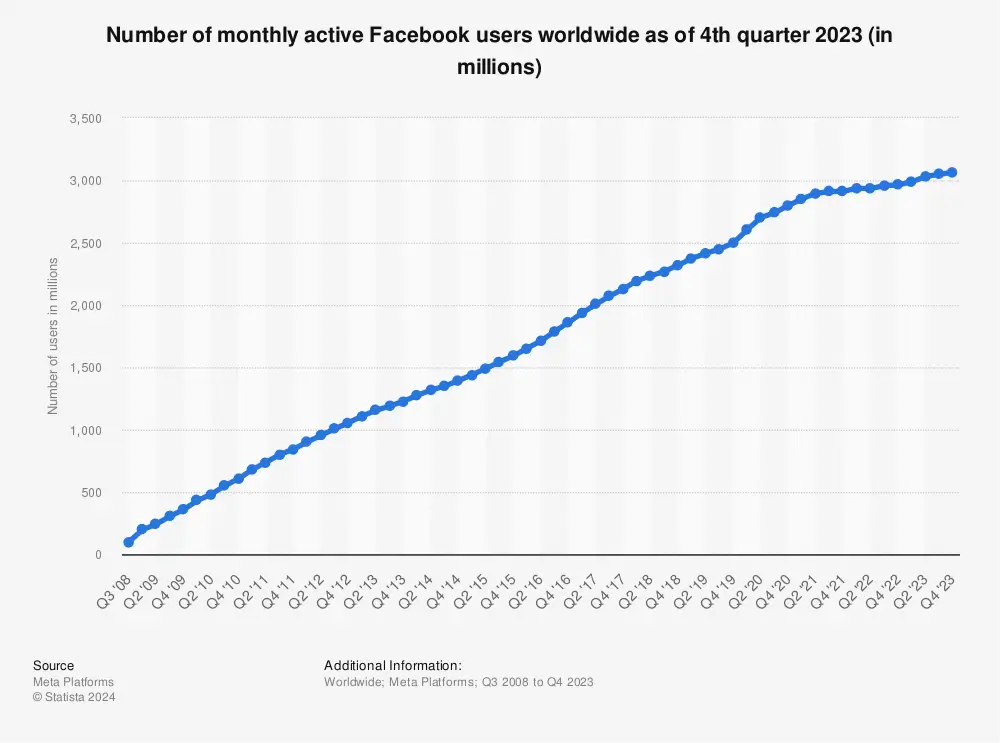
With 2.96 billion monthly active users worldwide as of 2023, Facebook provides a vast audience for your search arbitrage efforts. This extensive reach allows you to scale your campaigns effectively and tap into diverse market segments.
Cost-effective
Facebook Ads allow for acquiring traffic at a lower cost, which is essential for maintaining a profitable margin between traffic acquisition costs and ad revenue. Effective budget management and bidding improve ROI for search arbitrage by optimizing ad spend and maximizing conversions.
The average CPC for Facebook ads in traffic campaigns across multiple industries is $0.83.
Industries with the most affordable Cost Per Click (CPC) rates were Travel at $0.43, Arts & Entertainment at $0.44, and Restaurants & Food at $0.52. On the other hand, sectors experiencing higher CPCs for traffic objectives included Dentists & Dental Services at $1.27, Furniture at $1.19, and Attorneys & Legal Services at $1.15.
>>> Read more: Facebook Ads Benchmarks for 19 Industries: What Experts Say?
Targeted Advertising
Facebook’s targeted advertising ensures that the traffic acquired is highly relevant to the search arbitrage ads. This increases user engagement with monetized search feeds or ads, boosting conversion rates and overall effectiveness.
For example, using Custom Audiences, you can re-target users who have previously visited your website but didn’t convert. This increases the chances of bringing them back and converting them, improving engagement and conversion rates.
Lookalike Audiences allow you to reach new potential customers who share characteristics with your existing high-value users. This helps expand your reach while maintaining high engagement and conversion rates, ultimately maximizing your ROAS.
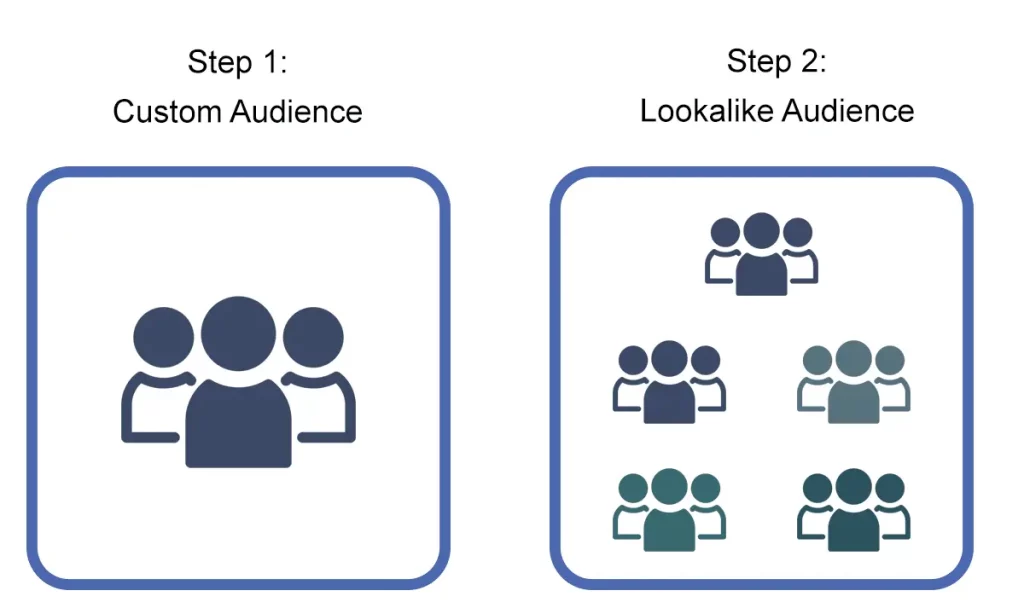
Detailed Analytics
Facebook Ads offer detailed insights and data to optimize ad spend and targeting, ensuring the search arbitrage model remains profitable. Continuous performance monitoring and data-driven decisions enhance campaign effectiveness.
Examples of analytics tools for Facebook Ads include Facebook Ads Manager, Facebook Analytics, Google Analytics,…
Custom Audiences
Facebook’s custom audience feature enables re-targeting strategies, bringing back users more likely to convert. This improves the efficiency and profitability of the search arbitrage model by focusing on high-potential users.
For example, if a user visits your site but doesn’t purchase, you can re-target them with tailored ads to increase conversion rates and profitability.
How Does Search Arbitrage on Facebook Work?
Driving traffic from Facebook Ads is similar to running a Facebook Ads traffic campaign. Start by defining your objective, targeting your audience using demographic and lookalike options, and setting an optimized budget and schedule.
Note: Start with a moderate budget to test your ad performance. Gradually increase the budget for high-performing ads. Use Facebook’s automated budget optimization tools, such as Campaign Budget Optimization (CBO), to distribute your budget across top-performing ad sets.
The way you configure your search arbitrage campaigns will influence how data flows from Facebook to the search feed and will also affect your tracking capabilities.
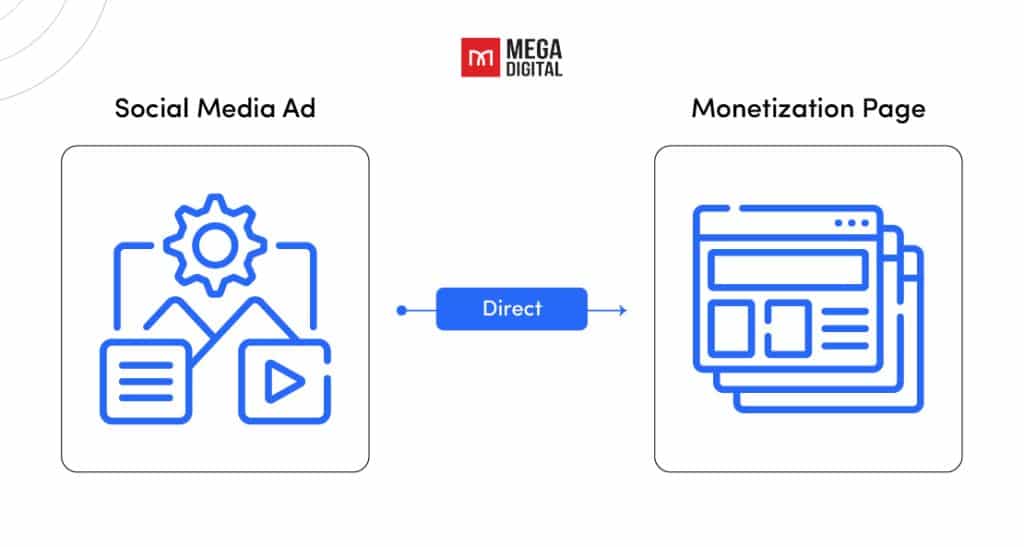
Your Facebook ads’ final URL should be provided by your search feed provider and included in your campaigns. When clicked, the ad redirects users to a search results page with a pre-searched keyword. Clicking on a result generates revenue for both you and the provider, and the user is directed to the advertiser’s landing page.
>>> Read more: Social to Search Arbitrage: What is it & How Can You Earn?
Key note:
Typically, you need to create these campaign links manually using a direct flow. If you’re unsure how to construct your links, examples for top search feed providers and social media ad networks are available below. Be sure to replace the domain and specific parameters with information relevant to your case.
Examples:
- Tonic:

- System1:

- Sedo:

What is the Optimal Facebook Ads Budget for Search Arbitrage Campaign?
When starting a search arbitrage campaign on Facebook, it’s essential to set a suitable budget. For beginners, a total budget of $1,000 to $2,000 is a good starting point. This amount allows you to test various strategies and gather data without risking too much. Medium-sized businesses might allocate $2,000 to $5,000, while larger enterprises can consider $5,000 to $10,000 for more extensive testing and optimization.
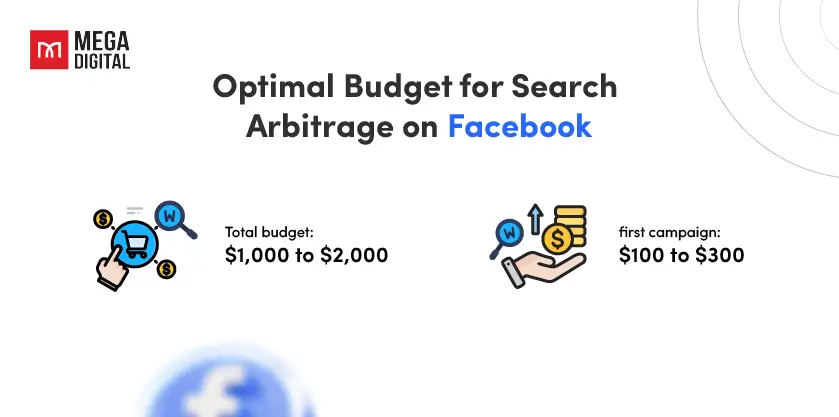
For your first campaign, it’s advisable to start with a smaller portion of your total budget. Small businesses should consider starting with $100 to $300. This range allows for initial testing and adjustments. Medium-sized businesses can allocate $300 to $1,000, and large enterprises might start with $1,000 to $2,000 to gather comprehensive insights and refine their strategies effectively.
>>> Read more: Facebook Advertising Cost Breakdown [Data Updated 2024]
Proven Strategies for Optimizing Search Feed Campaigns on Facebook
If you’re running Facebook ads for search arbitrage for the first time, you really need to pay attention to these strategies if you want to make money.
These 4 optimization strategies can give you what you’ve been looking for.
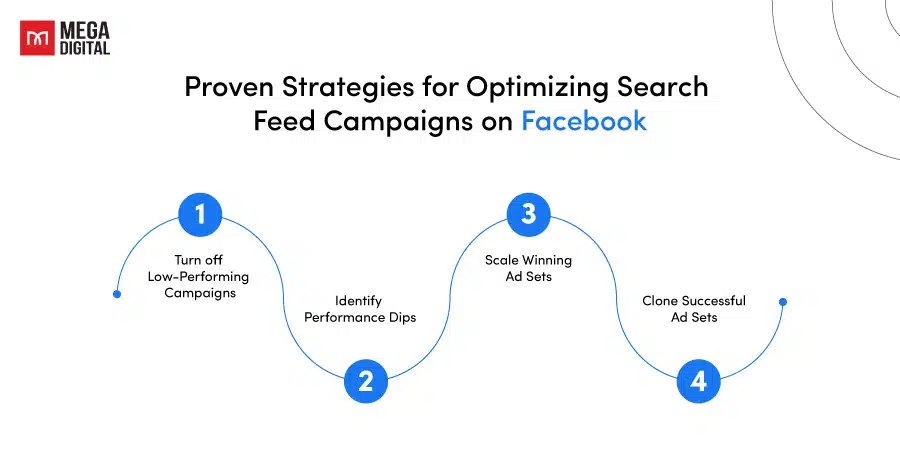
1. Turn off Low-Performing Campaigns
As part of your daily routine, you regularly launch new campaigns. This approach helps identify new successful campaigns but also increases ad spend and the risk of higher losses from testing.
This optimization strategy helps you reduce ad spend waste by automatically shutting down underperforming campaigns promptly. For example, if you spend over $100 and your CPC is higher than your earnings, you should turn off the campaign without needing to optimize it further.
To optimize your search arbitrage strategy on Facebook, one important factor to consider is the type of Facebook account you use. Facebook agency accounts often come with higher spending limits, better support from Facebook, and advanced features not available in regular accounts. If you don’t have access to an agency account, renting one can significantly benefit your campaign by ensuring more stable and continuous performance.
2. Identify Performance Dips
This strategy is designed to detect negative performance changes in a successful campaign and prevent potential losses before they erode any profits generated. It aims to spot campaigns that have been performing well but have recently experienced a significant drop in performance.
For instance, if the tracker ROI for the last 4 to 2 days was over 10% and yesterday’s ROI was below -10%, immediate action is needed.
3. Scale Winning Ad Sets
Automatically increasing the budget of successful ad sets or campaigns helps you scale efficiently. By raising the budget by a specific percentage of the current amount, this strategy ensures more investment in high-performing ads, thereby maximizing their reach and impact.

>>> Read more: 9 Practical Strategies for Scaling Facebook Ads to Grow Revenue
4. Clone Successful Ad Sets
This strategy helps scale your Meta campaigns horizontally by detecting and cloning winning ad sets twice, three times a week. The purpose is to expand the reach of effective campaigns and maximize their success.
For example, if the performance surpasses 15% in both the last 6 to 3 days and the last 2 to 1 days, you should initiate campaign cloning.
FAQs for Search Arbitrage on Facebook
Here are some of my clients’ most common questions about running successful search arbitrage campaigns on Facebook.
The main risks include account suspension due to Facebook’s strict advertising policies, especially if the landing pages or ad creatives don’t align with their rules. Advertisers also face the risk of low-quality traffic, which reduces profitability, and policy compliance issues that may cause campaigns to be paused unexpectedly. Proper testing, compliance, and reliable ad accounts are essential to minimize these risks.
In many cases, yes. Facebook Ads typically have a higher cost-per-click (CPC) than native ads or display networks because of its highly competitive environment. However, the advanced targeting options and massive user base often justify the cost if campaigns are well-optimized. Profitability depends on the margin between traffic cost and revenue from the feed provider, so careful budget allocation and continuous optimization are key.
Search arbitrage works best in high-value verticals where advertisers are willing to pay more for quality leads. Common niches include finance, insurance, education, health, and antivirus software. These industries often have higher CPC payouts from feed providers, making them more profitable for arbitrageurs who can drive relevant traffic at scale.
Advertisers often rely on dedicated tracking platforms like Voluum, RedTrack, or ClickFlare, which provide detailed analytics, conversion tracking, and optimization features. These tools help monitor performance across campaigns, detect low-quality traffic, and improve ROI. Integration with postback or API connections also ensures accurate reporting when working with feed providers.
Using a regular Business Manager account for search arbitrage can be risky, as Facebook may quickly restrict or ban accounts due to policy sensitivity. That’s why many advertisers choose Agency Accounts, which provide higher trust, larger spending limits, and lower risk of suspension. For example, Mega Digital offers Facebook Ads agency account for rent, giving arbitrageurs a stable and reliable setup to run campaigns smoothly and maximize profitability.
To reduce the chance of policy violations, advertisers should ensure that all ad creatives, landing pages, and redirection flows comply with Facebook’s guidelines. Avoid misleading content, ensure transparency in user experience, and run tests with smaller budgets before scaling. Additionally, using reliable agency accounts and proper campaign structuring can further minimize compliance risks.
>>> Read more: Search Arbitrage with TikTok: How to Monetize with Ease!
Wrap up
Search arbitrage on Facebook can be a highly profitable strategy when executed correctly. Focus on effective budget management, continuous optimization, and compliance with Facebook’s policies to maximize ROAS.
The key to successful search arbitrage is continuous monitoring and optimization. For more insights and updates on search arbitrage, follow Mega Digital to ensure you don’t miss out on our latest articles and tips.
